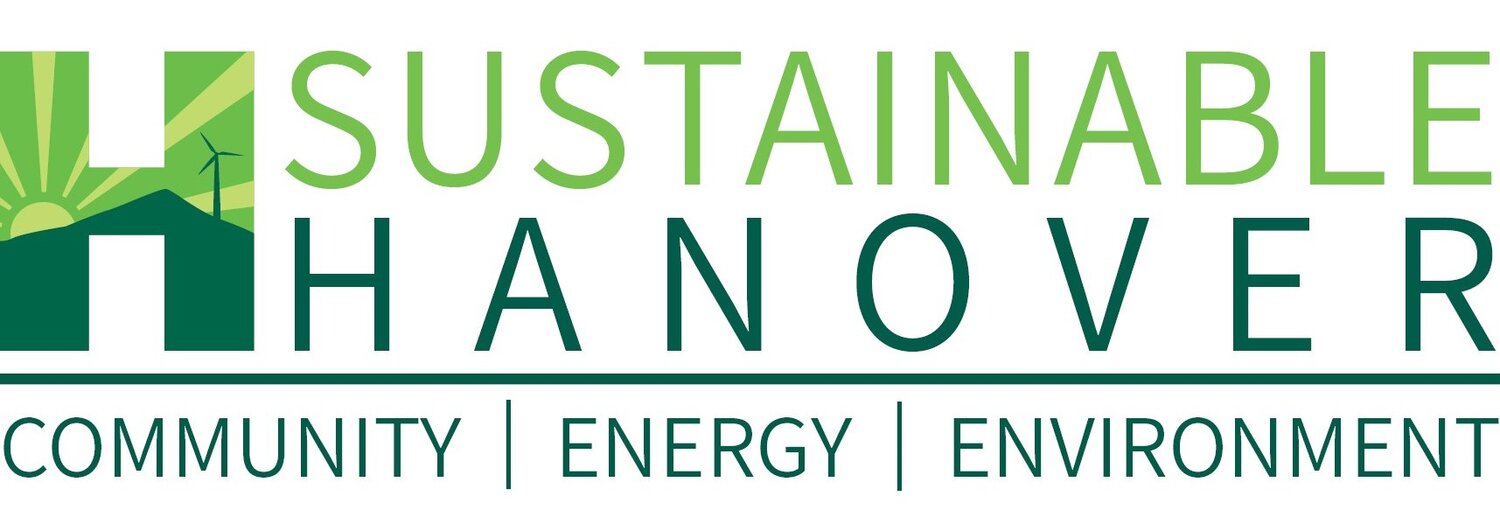WHO KNEW Some Neighborhoods Fight Garlic Mustard in Hanover?
Garlic Mustard got here without the 69 predators that keep it in check in Europe where it is found in small clusters, mixed in with other native plants. Here it spreads unchecked and can take over territory by the acre. Although garlic mustard makes good soup and pesto, no insects or other animals eat the plant – not even deer.
The biology of this plant has fearsome properties:
- Its seeds are viable for more than 10 years. Thus, the plant requires monitoring and removal for many years.
- Its roots make chemicals that are toxic to fungi that play a critical role in providing water and nutrients (like nitrogen from nitrogen fixing bacteria) to hardwood seedlings, such as sugar maple, red maple and white ash.
- It is shade-tolerant, so it can take over the whole understory of forests.
- It fools at least one species of butterfly into laying eggs on it, rather than the insect's usual host plant. Given the wrong food, the larvae die.
About 30 Hanover neighborhoods collect, bag and remove garlic mustard so that it won’t spread elsewhere. We count the bags for the New England Garlic Mustard Challenge (and sometimes win).
It is fairly easy to pull, but root fragments may resprout and drop seeds later in the summer. Grasp it near the ground and wiggle the plant to loosen the soil and capture the root. The most effective strategy is to pull any single plant you see to prevent a new colony. For larger colonies, start pulling around the outer edge to eliminate plants whose seeds will fall outside the colony and extend it. For more information see [https://www.hanovernh.org/DocumentCenter/View/571/Least-Wanted---Garlic-Mustard-PDF ]
If you see signs about pulling on trails or roadsides, help out and pull some plants and put them in the bag that is nearby. If you find an orphan colony, you can take bags of the plant to just inside the gate of the Tenney Playing Field at the end of Brook Road. Bags there will be collected May 22. Make sure the bags are not too full and they are tied tightly so they don’t spread seeds. After May 22 the bags must go into your trash, so there is an incentive to get to it before then. Your help is most welcome.
